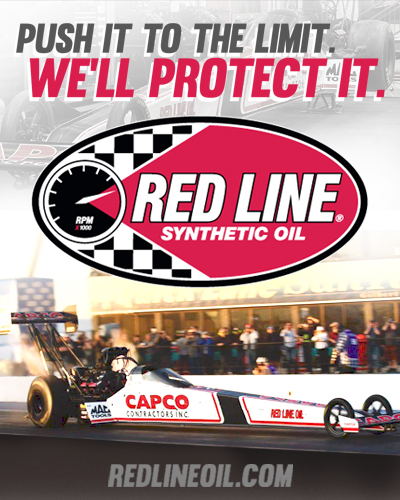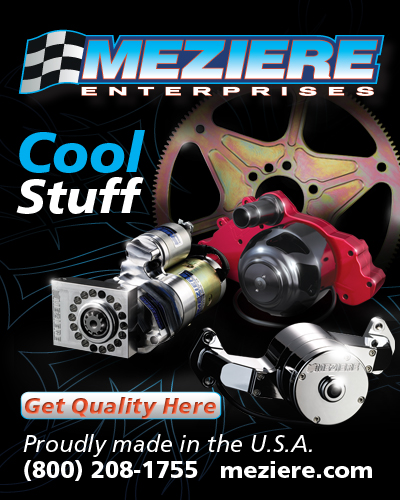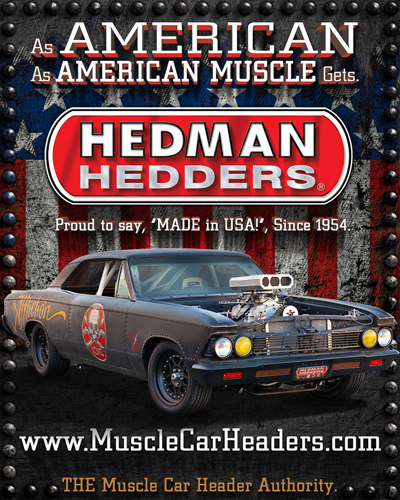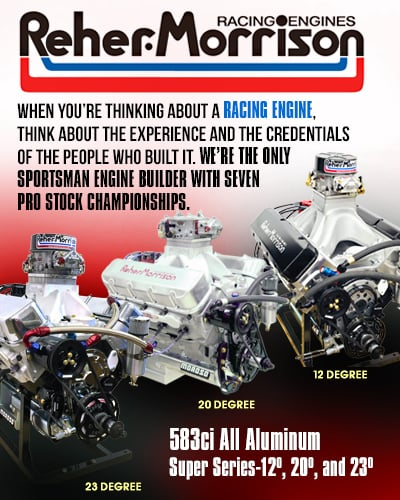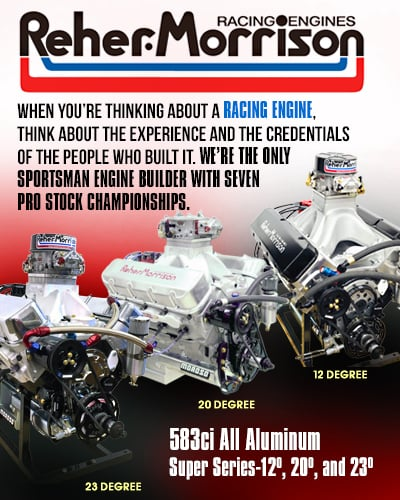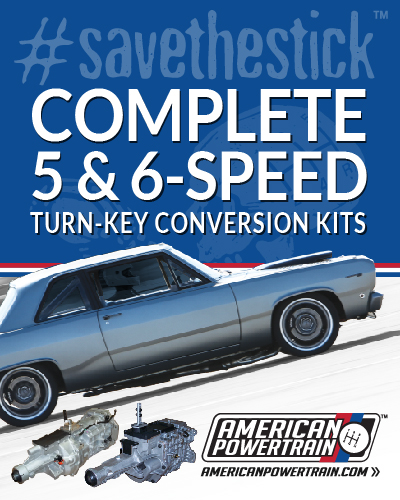ANTRON BROWN'S OTHER LIFE OUTSIDE OF NITROMETHANE
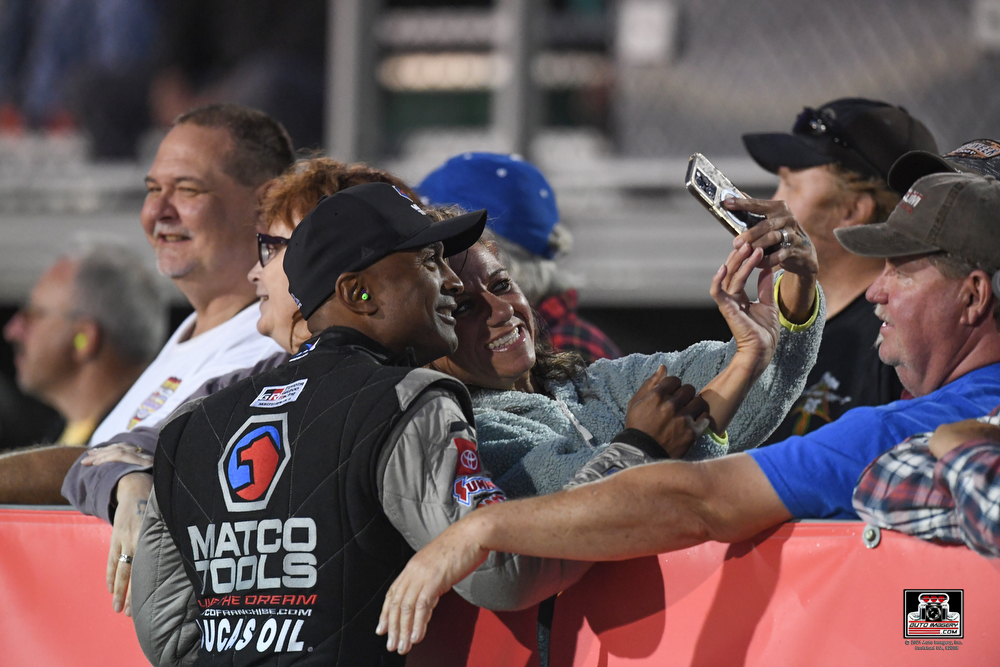 Since the closure of Old Bridge Township Raceway Park in 2018, Maple Grove Raceway has been the home dragstrip for Pro Stock Motorcycle-to-Top Fuel convert Antron Brown.
Since the closure of Old Bridge Township Raceway Park in 2018, Maple Grove Raceway has been the home dragstrip for Pro Stock Motorcycle-to-Top Fuel convert Antron Brown.
And as he returns for the Pep Boys NHRA Nationals for this Countdown to the Championship launch, Brown has more than the hometown-hero vibe.
He has returned with elevated status.
Oh, he doesn’t think of himself that way at all. But that’s the truth.
The native of Chesterfield, N.J., has grown from a kid tagging along to the drag races with his father and uncle, playing with toy cars under the bleachers, into a diplomat, an eloquent ambassador for the motorsports industry.
However, he has found the common denominator between himself and Those With Lofty Titles.
“They're real people. They're all real people up there" on Capitol Hill, Brown said.
That’s how Antron Brown regards Members of Congress, the ones he is bringing together through his SEMA connections. Brown is used to traveling in a straight line for a living, but he is skilled at working with those who float about in influential circles.
“The thing about it,” Brown said, “is at the end of the day, everybody's put on this Earth for a reason. And the thing about it is everybody can relate to different people. I can't touch certain people. That person still could touch certain people. So everybody relates different, and that's what it all boils down to you. We all can touch and relate to different people in different ways, plain and simple.

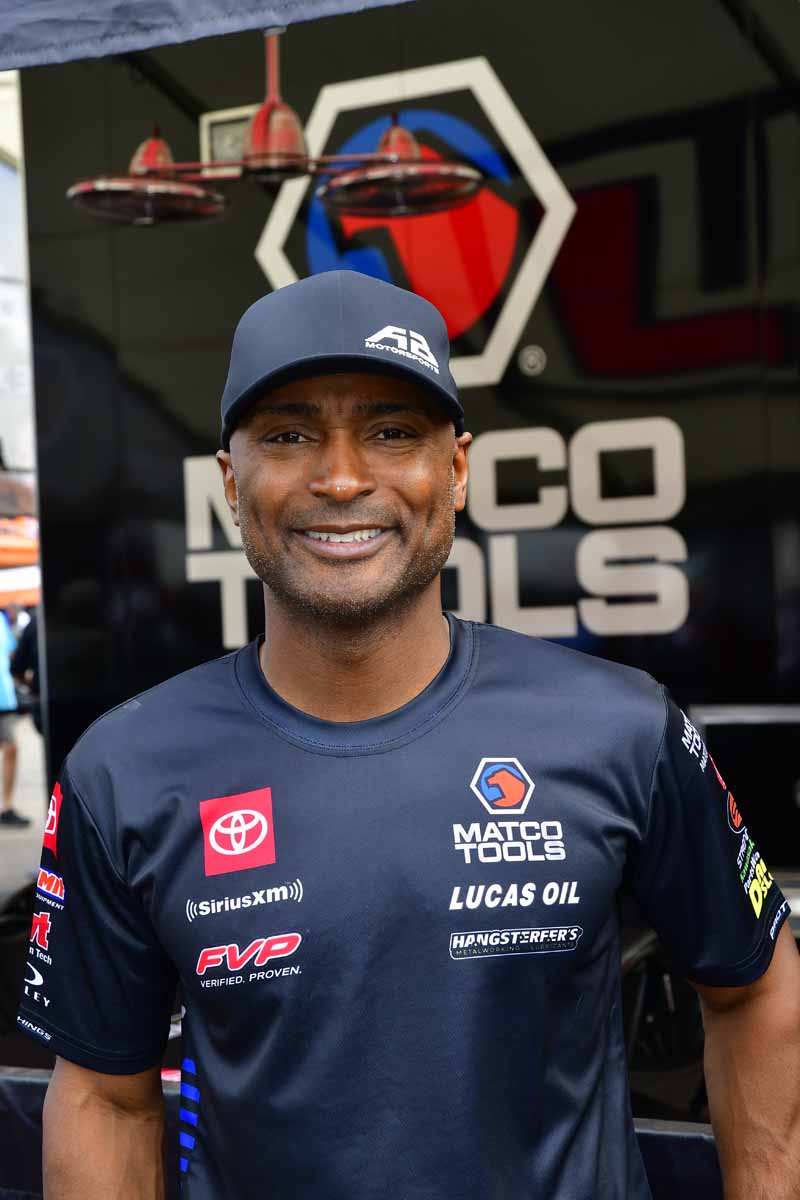 “But I am a Christian. I put God first in my life in everything I do. And that's what steers my ship,” he said.
“But I am a Christian. I put God first in my life in everything I do. And that's what steers my ship,” he said.
That’s one reason he isn’t intimidated by Congress and making trips to Capitol Hill. He passionately lobbied Congress last September for the RPM Act, and he accompanied fellow team owner and three-time champion driver Ron Capps and NHRA executive Kasey Coler to Washington, D.C., as representatives for the National Motorsports Coalition (NMC) to share with members of the Congressional Motorsports Caucus and other lawmakers. There they shared their insight into the massive impact the racing industry has on America’s economy. He is as well-spoken and educated as any politician on Capitol Hill, and he knows how to make his point with calm passion and a genuine interest in finding common ground, whether they’re talking automotive aftermarket issues or endangered racetracks or the daily trials of owning a racing team.
“I think what it is, is that we just need to have a meeting of minds. And I think that's something that NHRA is starting to do,” he said. “Now they're starting to go at a different level and starting getting with the state representatives and senators and getting them on board. And I think [on behalf of] a lot of these racetracks, that's the direction that we need to start going: getting them involved to actually help us fight the fight. That's what it's about.
“It's no different than we fight the fight in the RPM Act with the EPA [Environmental Protection Agency]. There's no difference in us going up back up to Capitol Hill and talking about the depreciation in the Motorsports Caucus for all the racetracks, to get certainty for [them]. [The key] is just educating and actually making the public more aware of it so we can all do this together,” Brown said. “The main thing is if we work on things together, there's nothing that we can't accomplish. And I've been seeing that now on every standpoint that we're working together.”
Brown, in his second year as a team owner, has seen it work on the NHRA level.
"It actually puts a smile to my face to see all the new creative ideas that we're having and where we're going with it. And if you want change, you all got to be in it all together. And we have that now,” he said.
He said the fresh sense of cooperation “is just from all the new people that are involved and the new ownerships that we have. Dustin Davis, he's a full supporter. Chad Head, Alan Johnson, and Steve Torrence. You have Josh Hart that's out there as a new team owner. And then you have Joe Maynard, who's came in with full force. When you start to see all these new people that are involved – Jim Head, Tony Stewart – and they're very successful in the business side of the world. Then you have all these other teams that are all members, all the professional teams are all members of PRO now, from Pro Stock cars to Funny Car to Top Fuel. And when you've seen all this stuff happening and everybody's coming together and we're putting out ideas ... you're starting to work with NHRA on a different level where we're able to work with them nonstop and have the lines of communications open nonstop. And we're able to communicate with the tracks and with other sponsors and different people, and we're able to pull it together. It is actually a breath of fresh air. And it's pretty awesome to see the dynamic of all of us coming together. Communication's key with everything.”
On a loftier level, Capitol Hill is no different, according to Brown: “You just got to understand why you're going up there. And when you go up there, all you're doing is just telling them your story and why it's important. It's plain and simple. You fight for something that you believe strongly about and just give them the reasons why. And once they see the reasons why, they start understanding. And a lot of the representatives and the senators, they relate because they're real people. They're all real people up there. When you talk to 'em, they are real people and they understand, and when they see the cause and the good that it does.
“And drag racing,” he said, “has so many benefits to people in general it’s ridiculous . . . like the STEM (science, technology, engineering, mathematics) standpoint of it. Also, motorsports is a real-world business, every aspect of it - from the marketing piece, the business side, the engineering side, the science side, the catering, the food side of it, it's got every form of it. The trucking side, I mean it's got everything you can think about. Any business across the country is tied in motorsports.
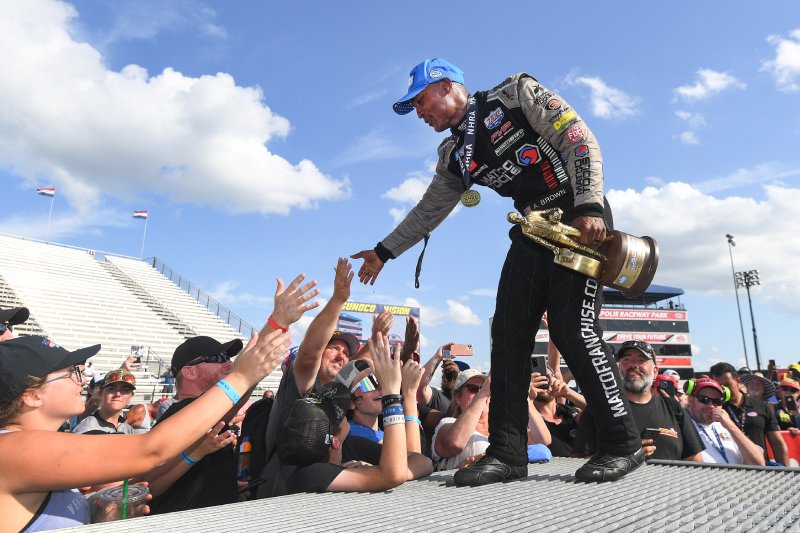 “When you look at it and you see how we conduct business and we do B2B stuff and we work with the Corporate 500 partners and sponsorships. . . when you look at it and we're able to go up there and say, ‘Hey, motor sports brings a lot to this country.’ When you look at it as a whole, it's billions and billions of dollars that we bring into this country – F1, NASCAR, NHRA, IndyCar, the amount of revenue that we do in motorsports and we bring to every area that we go to is huge. Then they start seeing that and they understand that and what it does for their counties, for their areas, and for the states, they're like, ‘We want one.’ If we could just start educating and just start going out there and just telling our story and all the great things that we do – how we have the YES program and we bring all the students out, how we help them get to the Western Techs and all the technical colleges and they get out with degrees and how we take internships on our race teams –a light switch goes off and it opens their eyes. And more and more people want to be a part of that,” he said.
“When you look at it and you see how we conduct business and we do B2B stuff and we work with the Corporate 500 partners and sponsorships. . . when you look at it and we're able to go up there and say, ‘Hey, motor sports brings a lot to this country.’ When you look at it as a whole, it's billions and billions of dollars that we bring into this country – F1, NASCAR, NHRA, IndyCar, the amount of revenue that we do in motorsports and we bring to every area that we go to is huge. Then they start seeing that and they understand that and what it does for their counties, for their areas, and for the states, they're like, ‘We want one.’ If we could just start educating and just start going out there and just telling our story and all the great things that we do – how we have the YES program and we bring all the students out, how we help them get to the Western Techs and all the technical colleges and they get out with degrees and how we take internships on our race teams –a light switch goes off and it opens their eyes. And more and more people want to be a part of that,” he said.
Somebody asked him, ‘Hey, how do you get not drag racing?’ And he told them, “Well, when I was 16 years old, I wanted to go drag racing. I had a beat up car that I got from a junkyard, and I worked a nine-to-five job while I was going to college. And I had to pay for my own gas. Luckily, I was talented enough to go to college on a track and field scholarship, where I had to pay for the school. But I wanted to go drag racing. What I did was I took a motorcycle that was wrecked that I paid 1,500 bucks for. I saved up my own money to do it and I rebuilt it and turned it into a drag bike. And that's how I went drag racing.
“I had to work for everything that I got to do it. It wasn't handed to me. It wasn't something that just happened. If you want to do what I do, you can because drag racing has those things because you can race anything,” he said. “You might not have it now, but you can go to work. You could put a dirt bike together and put slicks on a dirt bike and drag race it and have 800 bucks into it.”
Now he’s pursuing a fourth Top Fuel championship after a successful Pro Stock Motorcycle career.
And that’s the electrifying transformation of Antron Brown.

























